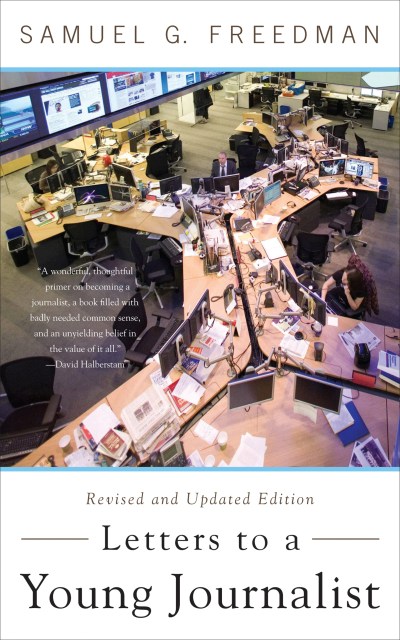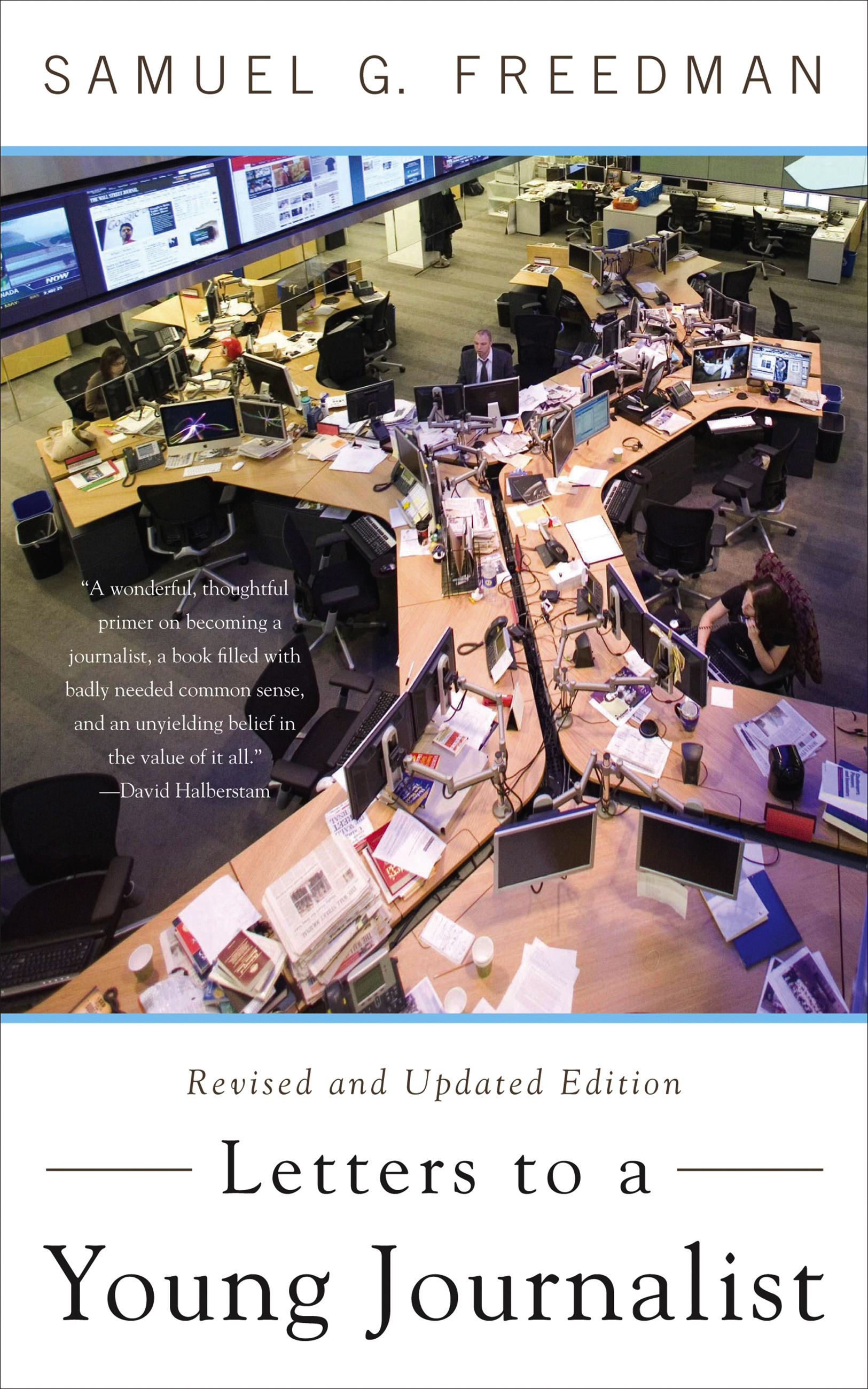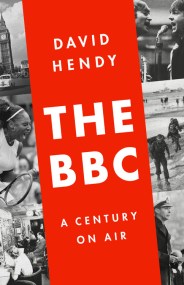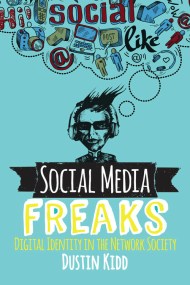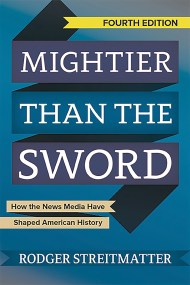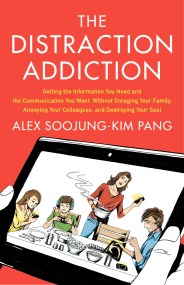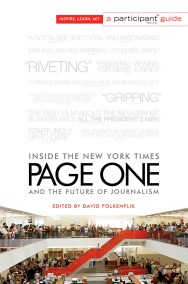Letters to a Young Journalist
Contributors
Formats and Prices
Price
$14.99Price
$17.50 CADFormat
Format:
- Trade Paperback $14.99 $17.50 CAD
- ebook $7.99 $9.99 CAD
This item is a preorder. Your payment method will be charged immediately, and the product is expected to ship on or around November 8, 2011. This date is subject to change due to shipping delays beyond our control.
Also available from:
- On Sale
- Nov 8, 2011
- Page Count
- 208 pages
- Publisher
- Basic Books
- ISBN-13
- 9780465024568
Newsletter Signup
By clicking ‘Sign Up,’ I acknowledge that I have read and agree to Hachette Book Group’s Privacy Policy and Terms of Use
